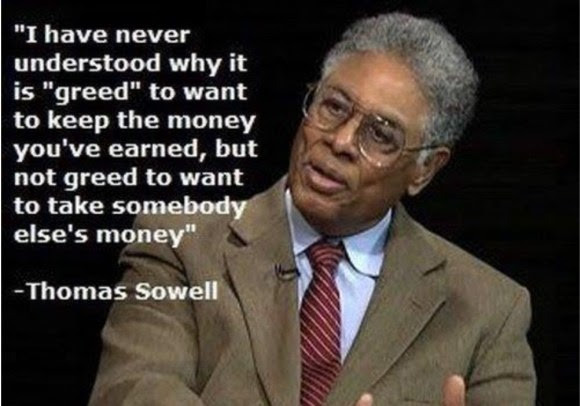The issue
It is apparent that Big Tech companies are trying to have it both ways. On the one hand they want to have the advantages of being open platforms with the protections afforded them. And on the other hand they want the privileges of publishers without the responsibilities. The questions around sharing of information, being biased arbiters, picking and choosing what information will be communicated, blocked, shared and transmitted are important.
Why the issue is confounding
The Big Tech companies have grown so large and amassed so much power they have monopoly power. Functionally they are oligarchs controlling much of our economy. They govern the nominally “free” space of the internet. Their arbitrary rules and terms of service that are inconsistently applied have become weapons. Increasingly they use those weapons against those that fail to agree or comply with Big Tech’s agenda. Yet the Left see no issue here, why?
States versus Federal
There have been grumblings. Elected federal officials are occasionally heard talking about addressing the growing concerns on this issue. However, nothing of consequence is getting done. But of late, some state-level officials are considering their options. Perhaps they will move against the Silicon Valley monopolists.
Notably among them is the president of the National Association of Attorneys General, Jeff Landry of Louisiana. He said already existing anti-trust laws could be used to combat the growing the power of big tech firms. His comment was made in an interview on Sirius XM’s Breitbart News Daily, March 19.
Some people are recognizing just how powerful and influential the tech companies have become. They have become increasingly controlling in politics, in finance, in communications and in commerce. In the past one of the unique things about America is that no single person or entity was bigger than the government. The government, by its original design is essentially comprised of the people. Big Tech seems to be successfully challenging that meme, at least so far.
The conversation of what to do about the growing power of Big Tech is interesting, if only in that the Attorneys General have seen a need to take up the issue. But this is a subject best addressed by the federal government. Application of the principles contained in the U.S. Constitution can work.
The stumbling block is that the Democrats hate the constitution. They would much prefer the fourth branch of government, the unelected and unaccountable regulatory state deal with the matter. The Democrats feel no sense of urgency in this matter because Big Tech largely adheres to Leftist dogma. There is political symbiosis in play here.
It is entirely fanciful to expect the Federal Trade Commission (FTC) to do more than discuss ways to protect consumers. Anti-trust action, more careful scrutiny of proposed mergers and acquisitions and consolidation of the tech firms is possible. But don’t hold your breath.
The effects
The increasingly apparent bias of Big Tech makes it hard to sidestep the political effects of their operation. Things like ad placement, search results, and favorable skewing are consequential. It is little different than the butcher putting his thumb on the scale 150 years ago. When the internet was started we had the expectation that all potential options and search results would be displayed. Clearly, that is no longer possible.
Looking at the amount of data, at the amount of processing power that these companies have, you have to grasp that they know more about us than we know about ourselves. Big Tech openly makes comments like, ‘We can basically bend the consumer in the direction we want him to go rather than where they want to go.’ That’s not independence, liberty nor is it a free market. That’s manipulation and out right control. It’s all the more scary because Big Tech does it without our knowing. It’s subliminal messaging on steroids. That unseen censorship by Big Tech is being used to shape social policies is deeply troubling.
Conclusion
The Sherman Anti-Trust Act from the late 1800s was designed specifically to curb this sort of pervasive control. What the correct actions today may be seems unclear. What is clear, is that tangible action is called for. The Big Tech monopolies continue to grow unchecked. Failure to act leaves us vulnerable to ceding control of the free and open internet to a few biased, self-interested corporations.
